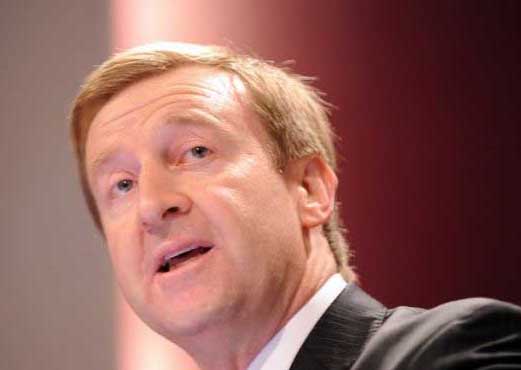
AUCKLAND (Fairfax NZ / Pacific Media Watch): Defence Minister Jonathan Coleman says he accepts New Zealand Defence Force denials that it spied on an Asia-Pacific investigative journalist.
Dr Coleman said there was no evidence backing allegations that the Defence Force collected metadata in relation to journalist Jon Stephenson.
He would "welcome" any evidence from journalist and author Nicky Hager proving otherwise, Dr Coleman said.
The Defence Force said it checked more than a decade's worth of records from the war in Afghanistan after the Sunday Star-Times reported the New Zealand military received help from US spy agencies to monitor phone calls by Stephenson and his associates while he was in Afghanistan reporting on the war.
In a statement today, the Defence Force denied it had intercepted phone data as alleged and said the chief of defence had never authorised any personnel to undertake unlawful interception of private communications of the type alleged by Hager.
"I have asked the officers responsible for our operations in Afghanistan whether they have conducted monitoring of Stephenson as alleged by Hager and they have assured me that they have not. This includes asking foreign organisations to do this on our behalf," acting Defence Force chief Major-General Tim Keating said.
"We have identified no information at this time that supports Hager's claims."
'No evidence'
Dr Coleman said the checks had been "extensive" and he had been assured there was "no evidence to back up the claims that are made in that article".
"The collection of metadata on behalf of the NZDF by the US would not be a legitimate practice when practised on a New Zealand citizen, it wouldn't be something that I could support as the minister and I'd be very concerned if that had actually been the case."
He said he believed the Defence Force assurances that there was no evidence such spying happened.
''The acting chief of defence has given me that assurance and I believe him."
Hager also revealed yesterday the Defence Force lumped journalists in with subversives and other security threats - something which Dr Coleman said he completely rejected.
A check had revealed the order was first issued by former chief of defence Sir Bruce Ferguson in 2003 and then repeated in 2005.
Journalists and extremists
Sir Bruce claimed yesterday not to know about the order and said he found it disturbing.
Dr Coleman said the order lumped investigative journalists in with extremist organisations and foreign intelligence services as a subversive grouping and he considered that "very heavy handed".
"I don't think it's appropriate that journalists are described in that way in that order. So I've asked the NZDF to go back, look at those orders which have been in pace for a decade, check they're still fit for purpose, rewrite those orders appropriately and to remove those references in the way that they're expressed."
Today, US intelligence sources said that if the National Security Agency listened to journalist Jon Stephenson's phone conversations in Afghanistan it was probably part of standard monitoring of "enemy" communications.
US experts and former intelligence officials told AP that if Stephenson's phone records were collected, it was probably done as part of a military intelligence sweep that was shared among allies in war zones, where there was little expectation of privacy in the hunt for enemy combatants and suspected terrorists.
This work is licensed under a Creative Commons Attribution-NonCommercial 3.0 New Zealand Licence.




